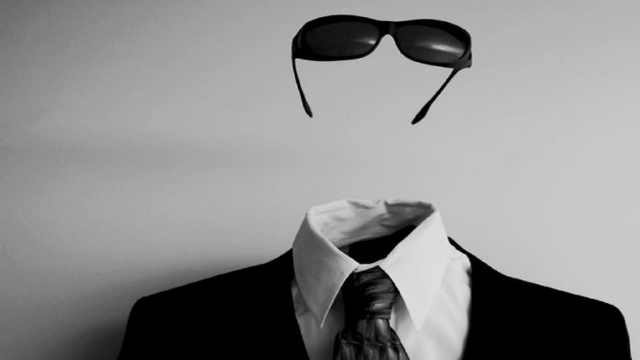How Not to Die in Obscurity (self-promotion and the sensitive artist).

(Exclusive, in-studio performance at the end of the article)
Mea culpa, dear Reader: I may have misled you. This isn’t really about fame, or even self-promotion. This one goes out to all the serious artists and innovators languishing in basements, creating for the love of it but fearful of the world’s harsh glare. I see you in your monkish cells, locked in the quiet struggle to make something we all need but don’t yet know how to articulate. And I ask you: what’s it really about? You or the art?
What’s the Big Idea?
I don’t believe most artists have thick skins at all. I think our job is to listen to whispers. That’s what makes a writer write. It’s picking up on whatever is going on around us and shaping that into a story that resembles reality and tells us a little bit about ourselves. So I think that when there are judgments placed on the work that we do that it will hurt, you know. But it’s not something that you can really let keep you back.
Making art, says Josh, is half of the artist’s job. The rest is hustling on its behalf – making sure the world hears it. This means engaging wholeheartedly with the business of art. If you believe in what you’re doing, he says, then you have to commit to sharing it. You have to tour. You have to advertise. You might have to appear on Big Think. Share your work widely enough, and it will surely resonate with somebody, somewhere.
What’s the Significance?
On one end of the spectrum you have professional “artists” whose work is the product of market analysis and a team of executives. They are the Dells of this world as opposed to the Apples – cheap (if lucrative) imitations of what works. No offense intended to those who rock out to their tunes. On the other end you have the shy, tortured poets whose notebooks may or may not be discovered after their deaths. “The expense of spirit in a waste of shame,” as Shakespeare put it, in a slightly different context.
Somewhere in the middle, there are the sincere, committed creators who have somehow managed to separate themselves sufficiently from their work to share it with the rest of us. Nobody is saying these people are egoless, or that they don’t enjoy the fame, money, and respect their work can bring. But somewhere along the line, they’ve decided that while the art is theirs, it doesn’t fully belong to them. And that by jealously guarding it they’d be doing themselves and the world a disservice. Benefits aside, it’s an act of generosity. Thanks, Josh. Thanks, Paul Simon, Thanks, Shakespeare. Thanks, Steve Jobs.




